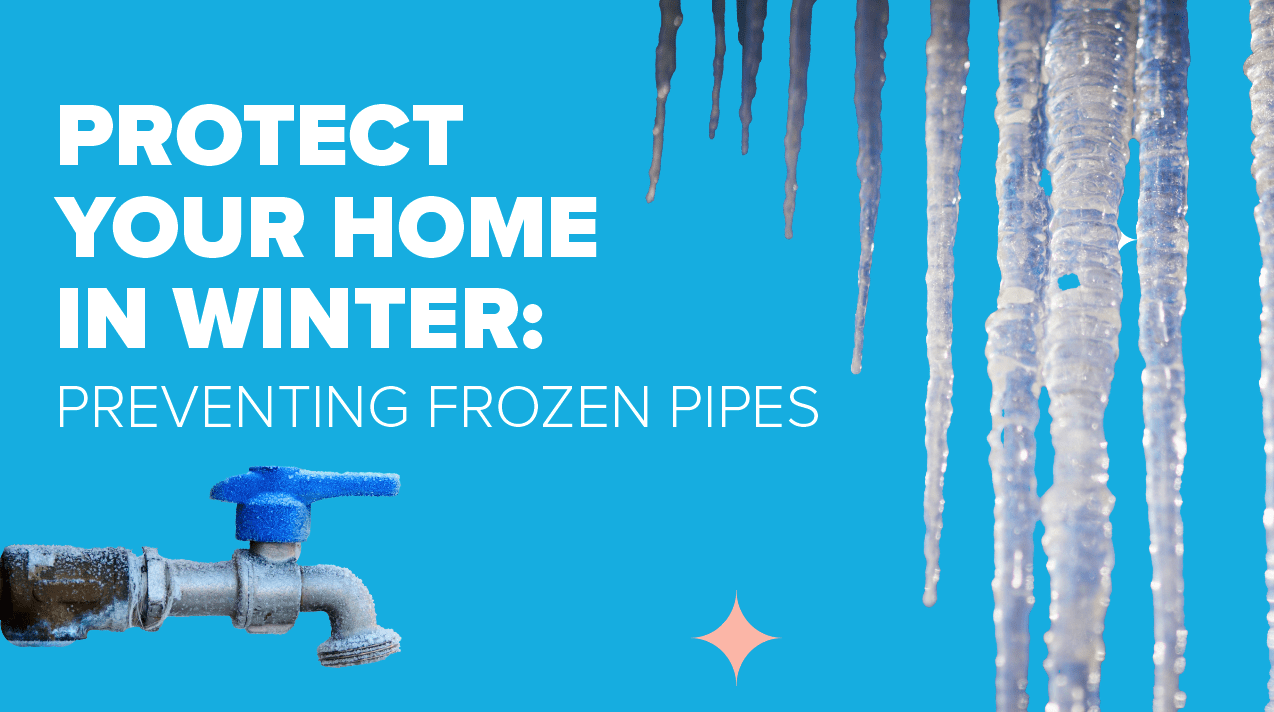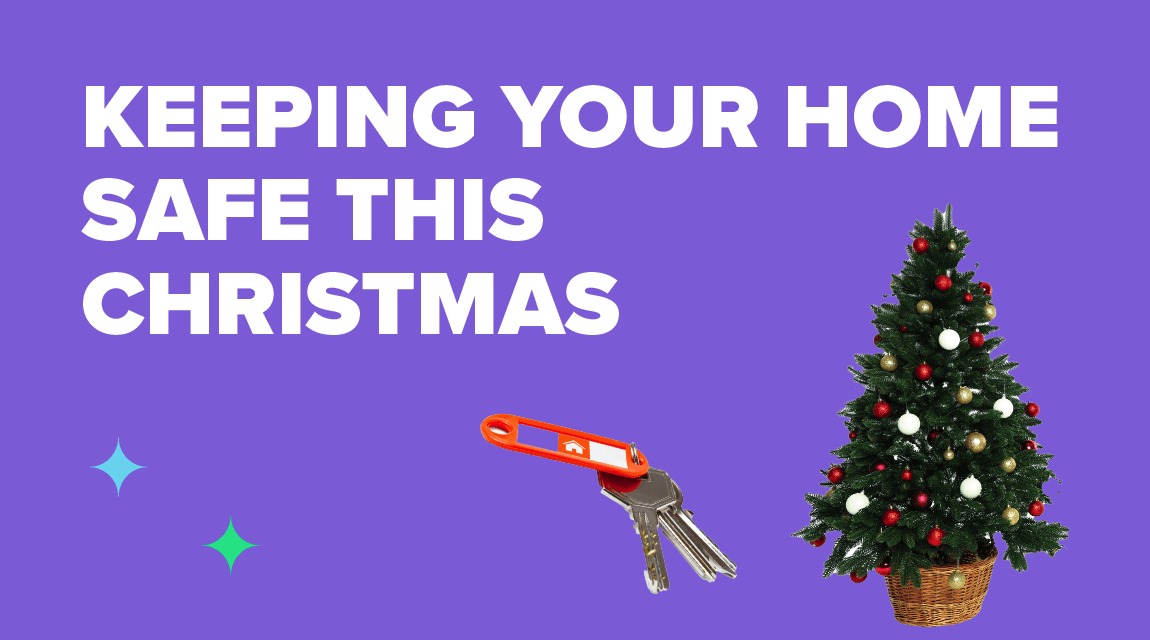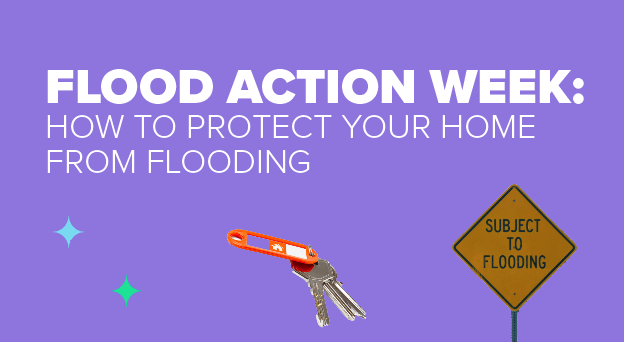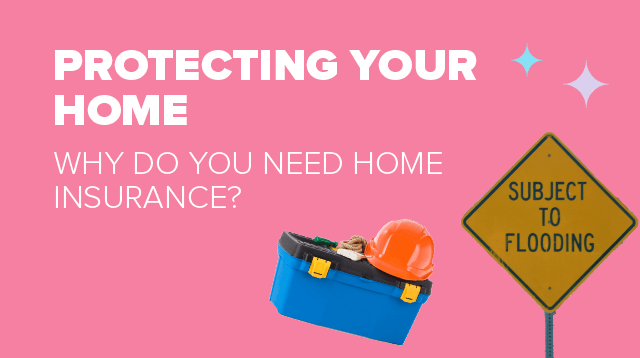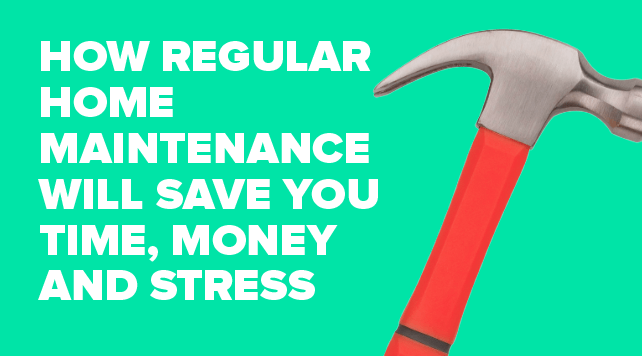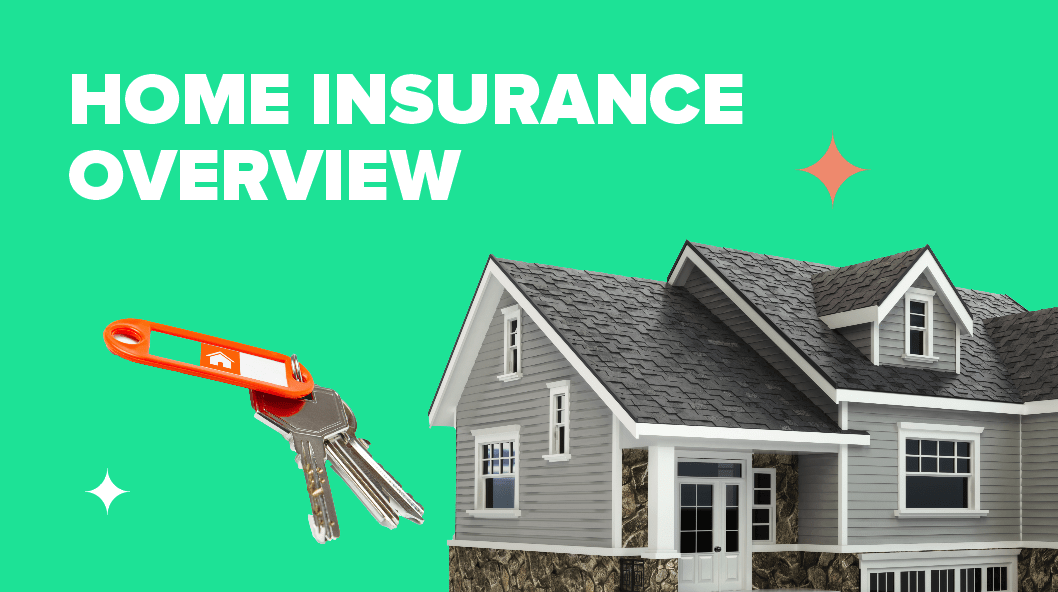Being in a position where you have to make a claim on your home insurance can be a stressful time. The last thing you need in these scenarios is added stress because you aren’t certain who to contact or what you’ll need to successfully claim.
With this in mind, we’ve partnered with Covéa Insurance to share our tips and tricks for making your claim as stress-free as it can be.
Know Your Policy
Before it’s important to read through the policy wording document to make sure it meets your needs. After purchasing, we recommend taking a note of the following and keeping it somewhere you’ll remember – whether it’s on your phone or in a notebook:
- Any relevant phone numbers, particularly the numbers for ‘Home Insurance Claims’ and ‘Home Emergency Claims’.
- What your excess is. This is the amount you’ll personally pay towards a claim before your insurer covers the rest.
It’s also worth taking time to read and fully understand what is and isn’t covered in your policy. This includes any limits on certain items.
If your home insurance is with Uinsure, you can read our full policy wording by clicking here.
Keep an Inventory
It’s best practice to create a list of all valuable items in your home such as furniture, electronics and jewellery. If you can, include details such as the purchase dates, values and serial numbers.
Photos and Videos
Take photos of your valuable Items. Try to make sure that key details like model numbers and distinctive features are visible. If your phone or camera doesn’t date the photographs for you, make sure to date them yourself.
Consider recording a walk through video of your home, showing each room and its contents. Remember to repeat this process if any contents significantly change. We recommend keeping these photographs and videos backed up somewhere safe, preferably online so they are easily accessible if required.
Keep Receipts
Keeping the receipt is an easy way to prove the value of any item should you need to make a claim.
For certain items like electronics, art, or jewellery, make sure you have proof of ownership. This can include images of you with the item, their receipts and warranties. In some cases y
Documenting Incidents
Documenting incidents correctly can make your claims process much smoother. Unless the police are required to attend the incident, you should call your insurer immediately.
If you have had to contact the police first, for a case such as burglary, make sure you get a crime reference number that you can pass onto your insurer.
Do not dispose of damaged items until your insurer advises that it’s okay to do so. And make sure to take photos and/or videos of all damaged property, both your home and possessions.
Keep in mind that some insurers, including Uinsure, have approved suppliers for repairs. In some cases, like at Uinsure, using the approved supplier also offers a one year guarantee on the repairs.
From this point onwards your insurer should be able to advise you on any next steps. If you ask, they can often give you an estimated timeline for the claim too. Whilst being in a position where you need to make a claim can be stressful, we hope that having these tips at hand will ease the stress and make the process as smooth as possible.
If you are with Uinsure and you need to make a claim, you can click here to go to our claims page.

